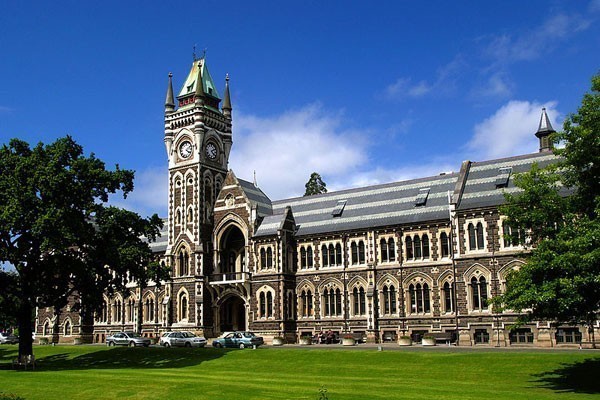A new Pastoral Care Code of Practice has been introduced this year, formalising the guidelines for how unis will take care of their students. It remains to be seen whether the changes on paper will translate into changes in practice.
The Code of Practice came into effect on January 1st this year. Weighing in at a whopping 15,000 words, it introduces a “whole-of-provider approach”, meaning previously separate codes covering domestic and international students have been merged into a single “mother code”. Despite being weighty, a Uni spokesperson told Critic Te Arohi that “the vast majority of the Code relates to things the Uni already does… [so] there is no massive implementation required to operate under the Code.”
The code is currently in the “initial implementation phase”. As it’s being introduced, it’s overseen by the Uni’s Office of Strategy, Analytics and Reporting in conjunction with residential colleges, the International Office and Student Services. The results of the self-review process are periodically shared with other universities.
In line with the previous code, the Student Mental Wellbeing reference group was created in 2021, which comprises “student pastoral support, mental health support, students and OUSA student support representatives” and is designed “to increase the University’s understanding and support of student wellbeing challenges”. The code includes obligations for halls of residences to inform students of their “rights and obligations as tenants”.
Asked about how Te Tiriti and tikanga Māori was being incorporated into the implementation process, the University pointed to their Māori Strategic Framework, “which informs our approach to meeting all of our obligations under the Code… [including] describing how the organisation will contribute to an education system that honours Te Tiriti o Waitangi.” We reached out to the Office of Māori Development for comment on this, but couldn’t get a response before the deadline.






